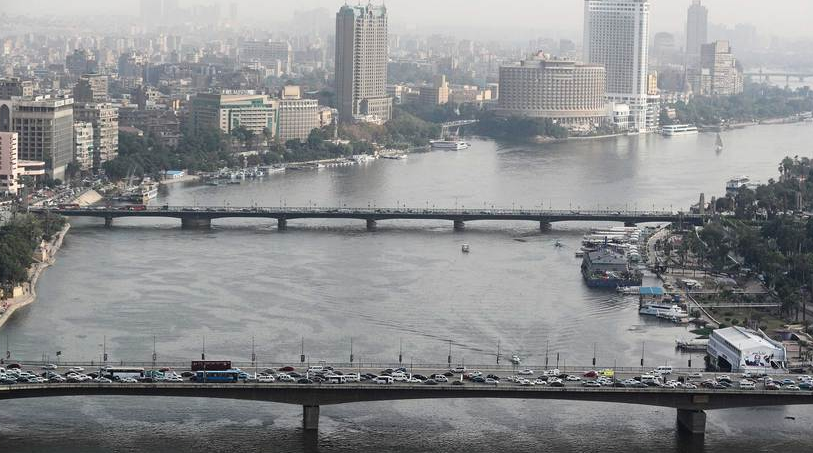
A new initiative by Egyptian start-up Bassita is introducing ‘VeryNile’ an initiative to solve Egypt’s Nile pollution by creating a sustainable ecosystem that recycles the plastic and waste collected from the river.
Famous for their click-funding campaigns, Bassita’s new initiative aims to “drive the largest cleanup means of large-scale, efficient and environmentally sound removal of plastic pollution from aquatic ecosystems.”
Bassita collaborated with Greenish, a group of social entrepreneurs that raise awareness to different environmental issues through events and workshops and others to create a well-rounded campaign.
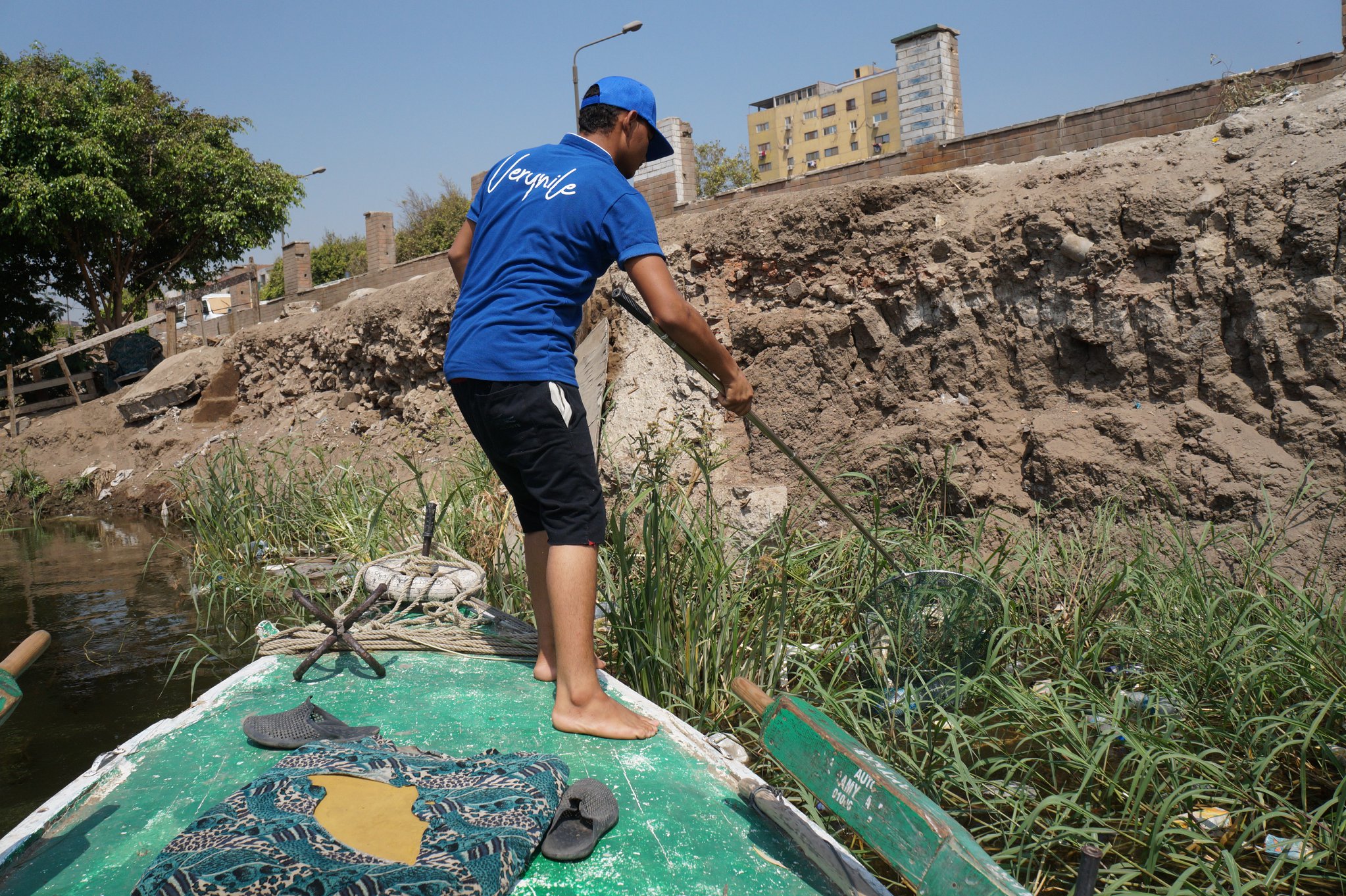
This ecosystem consists of volunteers, fishermen and waste sorters. Bassita is collaborating with fishermen across Cairo to collect the waste from the Nile River on a daily bases. Accordingly, all these parties will be collaborating in the campaign that is mutually beneficial to everyone involved creating a consistent cash flow cycle.
“The most important thing is how we can turn this initiative into a sustainable ecosystem. We are going to go to speak with all the fishermen who are participating in the campaign. For every kilogram of plastic, we are going to give them cash back,” co-founder of Bassita Mostafa Habib explains.
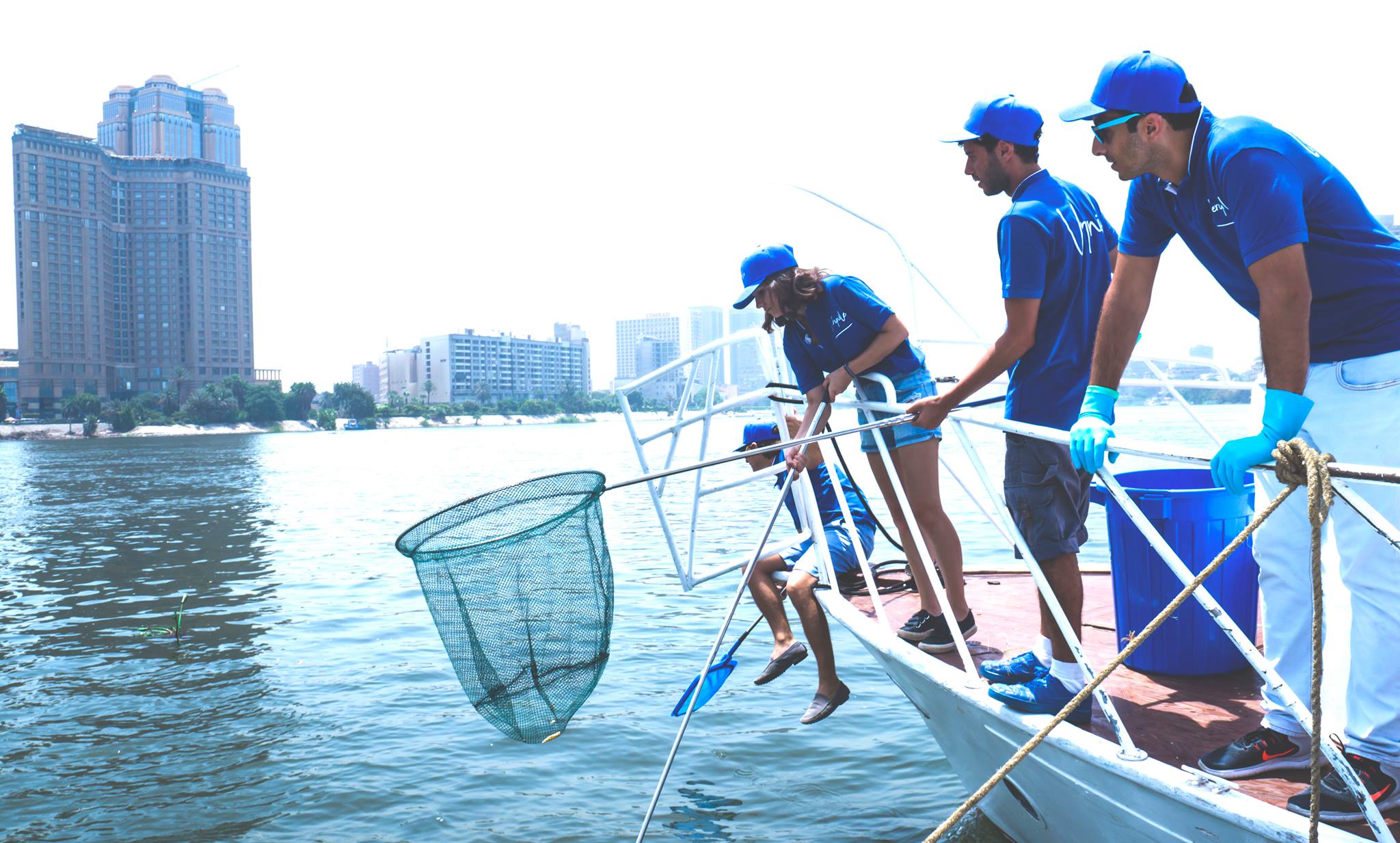
Bassita is planning to build a new model of peddle boats. The boats will have two nets from each side that scrapes the waste from the surface of the water as fishermen peddle along the Nile.
The social initiative also plans on introducing floating net damps. “We want to have huge nets falling from the bridges to stop the current from the two sides and catch the floating waste,” Habib adds.
Egypt’s Ministry of Environment and Ministry of Social Solidarity are very supportive of the initiative as it has a great impact not only on the country’s environmental sustainability but also the economic sustainability by creating a cash flow system between all parties.
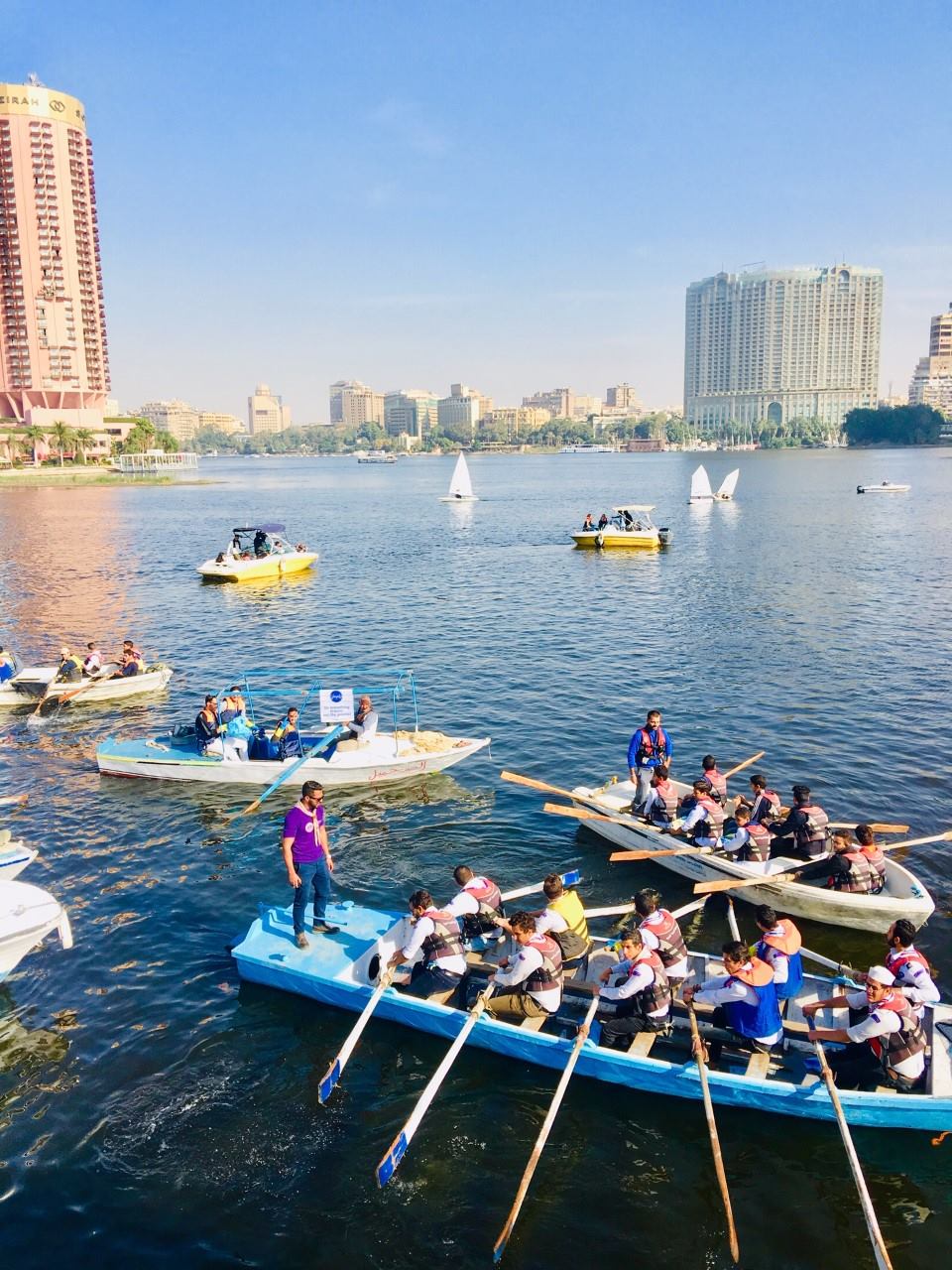
“We are recycling all of the plastic we collect by collaborating with people from Manshiyat Naser [most commonly known as the Garbage City].” Habib says,”We believe that their talents are often over looked but they are the most educated people when it comes to sustainability and recycling in Egypt because they know how to turn recycled plastic into products.”
The plastic collected by the fishermen from the Nile will be turned into products. For this campaign, Upfuse is designing and producing bracelets from recycled plastic that will raise awareness about the Nile pollution.
“The revenue of these bracelets will be given to the fishermen who are participating in the campaign as an incentive to continue cleaning the Nile on a daily bases,” Yara Yassin, founder of Upfuse explains.
Yassin believes that “Through this campaign, we are revisiting the Nile that was once forgotten, and we are excited that there will be an item that resembles the Nile’s history and raise awareness to its pollution.”
In the future, Upfuse plans on buying some of the plastic that is collected from the Nile and integrate it into their product line and if this supply was proven sustainable, the sustainable fashion enterprise might solely depend on this initiative as its recycled plastic supplier.
‘VeryNile’ will host a big event once a month and invite volunteers to participate in the project.”When you have 200 hundred volunteers cleaning the Nile manually, you are sure that they will never throw trash in the street or the Nile again,” co-founder of Bassita Alban de Ménonville emphasizes.
The Nile River is has a crucial role for all the countries it crosses and especially Egypt, whose ancient civilization sparked when permanent settlements resided along the banks of the river.
The World Economic Forum (WEF) reported in July 2018 that more than 8 million tons of plastic are thrown in the ocean every year . The study unveiled that 90 percent of the plastic that is found in oceans was initially disposed in ten rivers one of which is the Nile River. If the rate continues, by 2050 there will be more plastic than there are fish in the water.
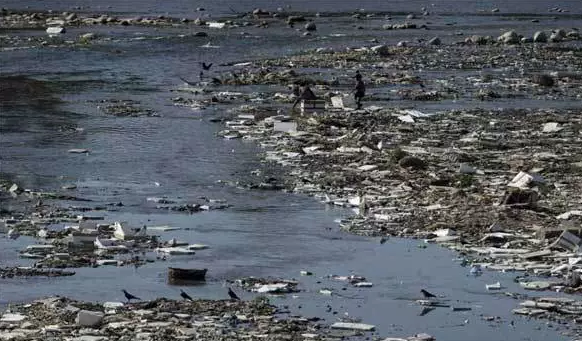



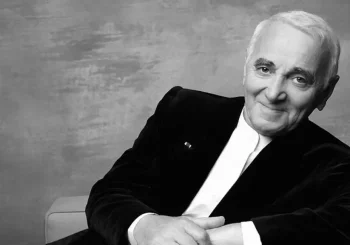
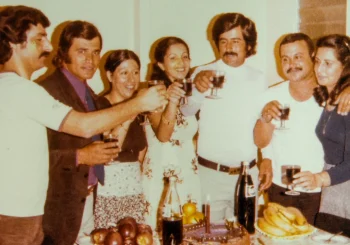

Comments (9)
[…] VeryNile’s first event on December 15th saw 200 volunteers from more than 20 organisations including governmental entities, NGOs, private sector, UN Organisations and embassies gathered to raise awareness through cleaning the Nile and its shores from solid waste. The initiative’s aim is to set up cleanup means that are efficient and environmentally sound in their removal of plastic pollution from aquatic ecosystems, in collaboration with local manpower. […]
[…] Source link […]